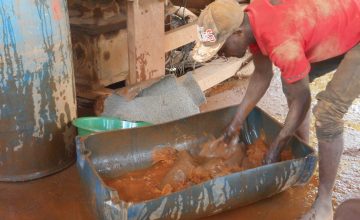
Our research shows that the COVID-19 pandemic has exacerbated pre-existing challenges associated with a recent period of economic, social and political fragility for ASM communities.
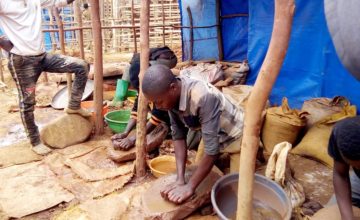
Une analyse des impacts de la Covid-19 dans le secteur de l’EMAPE en RDC.
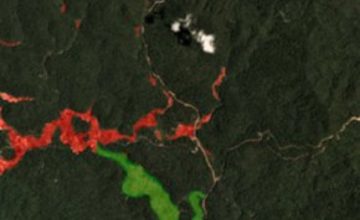
Learn more about the ASMSpotter solution from dida and Levin Sources, an AI-based technology to automatically identify artisanal and small-scale mine sites.
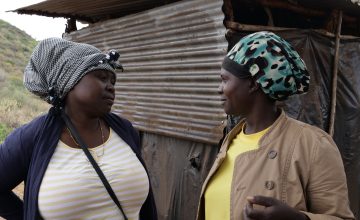
Based on our experience working in ASM, we suggest ways to further gender inclusion and equality in the sector.
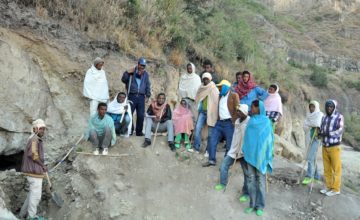
Explore different options for concrete, practical ASM engagement, which can help LSM companies include ASM stakeholders in their comprehensive stakeholder engagement plans.
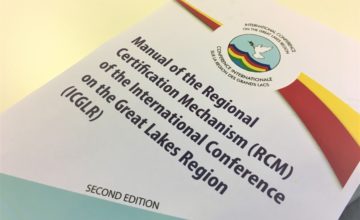
Learn about the removal of both ‘progress criteria’ and the Independent Mineral Chain Auditor function from the second edition of the Regional Certification Mechanism Manual.
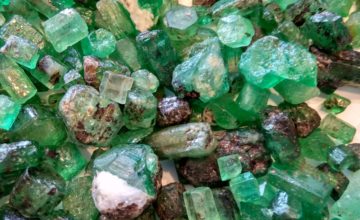
Understanding how COVID-19 is affecting emerald miners in Ethiopia with insight from our local associate Zinaye Tesfaye.
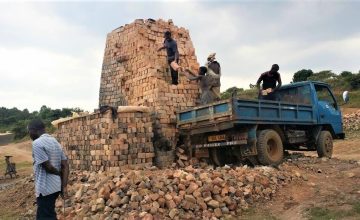
Understand the impact of COVID-19 on ASM miners' livelihoods, mineral trade, health and safety and food insecurity in Uganda as well as our experts' suggestions to address them.
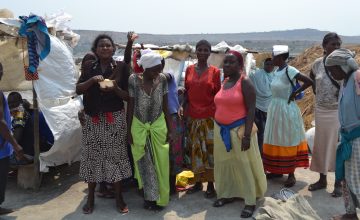
Women ASM miners have been disproportionately affected by COVID-19, as our research for the Delve COVID-19 Impact Reporting initiative in Mozambique, Zimbabwe, Uganda and the DRC shows.
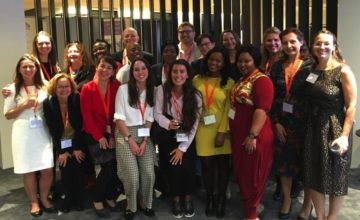
Discover how we used our environmental expertise to help International Women in Mining with their carbon accounting and mitigation.

Sharing tips and recommendations learnt from monitoring our carbon footprint and from our wider environmental work.
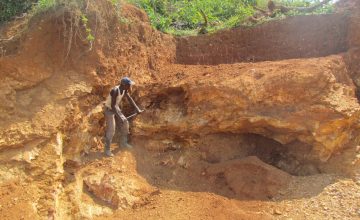
As the COVID-19 ASM Delve data collection draws to a close, we share a preliminary overview of our findings and conclusions.